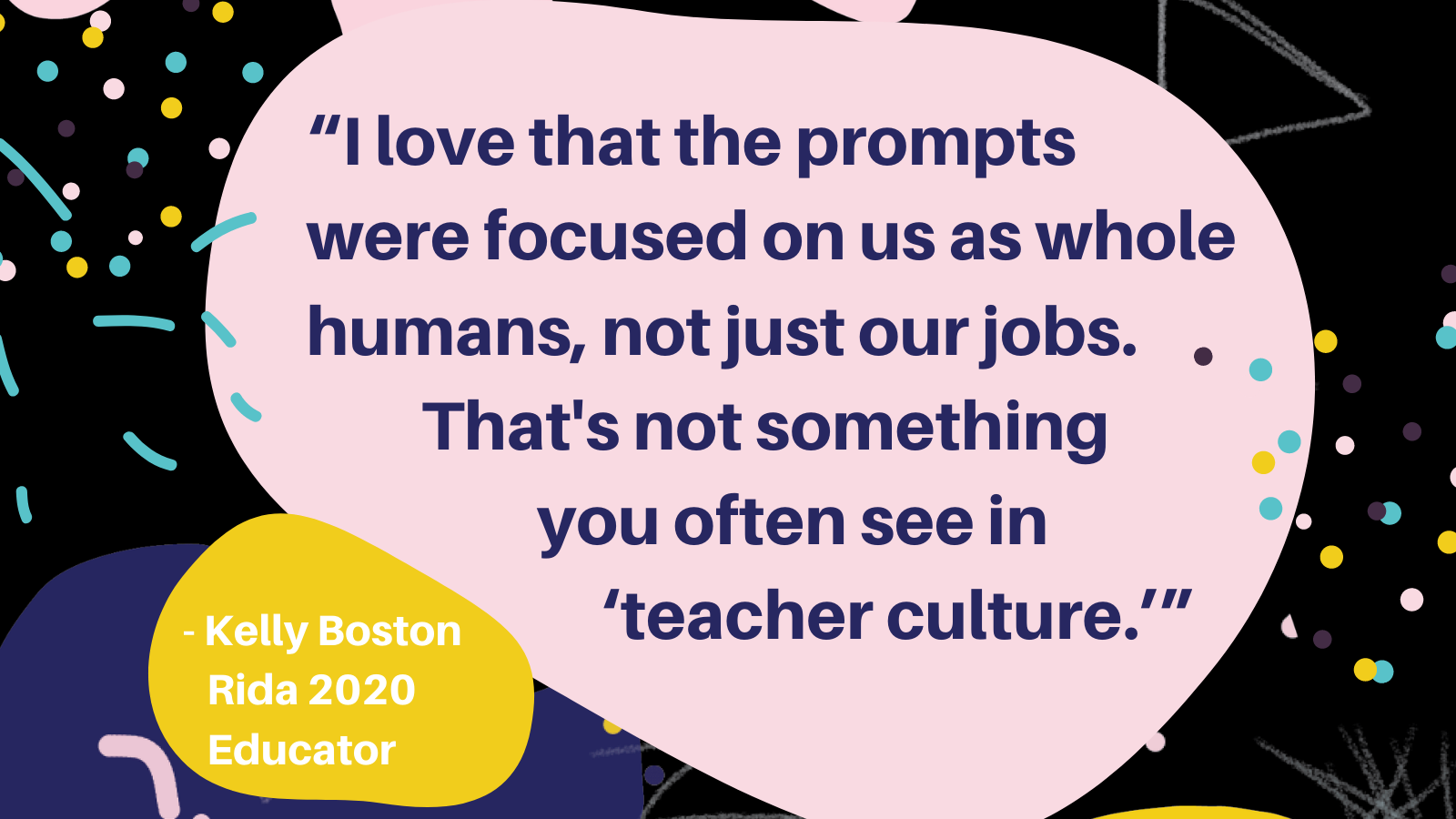APPLY NOW:
Radical Wellness for Education Leaders
We are pleased to announce a new training space: Radical Wellness for Education Leaders*. This is a transformative and healing space for education leaders that supports their development of more human-centered workplaces and lives. We will be exploring questions like: What does radical wellness mean for education spaces? And what can leaders do to support healing and wellness? Apply now to join our inaugural cohort of Detroit-based educational leaders to deepen your leadership practice at the intersection of individual and collective wellness.
*Education Leader = Anyone in traditional (i.e. schools) or nontraditional (i.e. afterschool/youth development) education spaces that hold a leadership or administrative position (i.e. principal, dean, Manager, Director etc.)
Complete this short application by November 12, 2021.
Details:
What to expect:
Support for those in leadership roles to embrace humanizing and transformational practices in their schools/organizations and their own lives
Increase the resilience of educators, lowering rates of burnout
Deep relationships that will support leaders throughout their career
Explore the intersection of power, leadership, and systemic change at the individual and institutional levels
Support the implementation of a policy, practice or structure that sustains a wellness-centered culture
Commitment and Dates:
This is an eight month long program from December 2021-June 2022 with monthly meetings (see dates below) in addition to offline readings, reflections and one-one conversations. The majority of meetings will be virtual with potential in-person sessions planned for the spring. Participants will receive a generous stipend and individual coaching sessions.
Who should apply:
We are seeking participants that identify as education leaders in the city of Detroit. We define education leaders as anyone in traditional (i.e. schools) or nontraditional (i.e. afterschool/youth development) education spaces that hold a leadership or administrative position (i.e. Principal, Dean, Manager, Director etc.). Applicants should be interested in reflecting on their leadership, reimagining what wellness means and shifting conditions in their education spaces to be more humanizing. If you have any questions, please reach out at pie@alliedmedia.org.
APPLY HERE BY Nov 12!!
Live Session Program Dates:
December 4, 2021: 12:00-3:00pm (zoom)
December 5, 2021: 12:00-3:00pm (zoom)
January 16, 2022: 1:00-3:00 pm (zoom)
February 20, 2022: 1:00- 3:00 pm (zoom)
March 20, 2022: 10:00am-4:00pm (in person)
April 10, 2022: 1:00- 3:00 pm (zoom)
May 15, 2022: 1:00- 3:00 pm (zoom)
June 5, 2022: 11:00am-2:00pm (in person)







